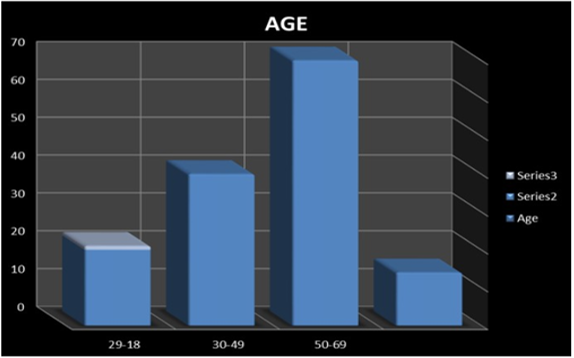Abstract
Depression considers one of the most common symptoms associated with malignancy that is difficult to detect and therefore treat. It consists of a significant psychological disorder, which worsens during chemotherapy and can continue after the end of chemotherapy or in the recurrence of treatment and adversely affect the quality of life. Depression often accompanies many symptoms, such as fatigue, weight loss and food disorders widely accepted as a result of cancer. The current study was to designed investigate depression symptoms among cancer patients during chemotherapy and its association with socio-demographic data. However, the difficult economic conditions and financial problems were the most obvious reasons and the unrecognised social problems of people who lost a partner or living alone who contributed to depression in the cancer patient. The treatment of patients with another type of cancer in another organ of the body or originally infected with Chronic diseases condition increases the patient's ill-being, lack of medication, supplies and frequent visits of the hospital, especially for visitors from villages outside cities, number of chemotherapy cycle Especially when the patient is responsible for the family. Patients during chemotherapy usually have symptoms as a result of their cancer or treatment side effect. These symptoms have been affected by the physical and emotional conditions of the patients and also have a negative effect on treatment. Cancer patients may be subject to psychological disorder during the clinical course of their illness.
Full text article
Authors

This work is licensed under a Creative Commons Attribution-NonCommercial-NoDerivatives 4.0 International License.

